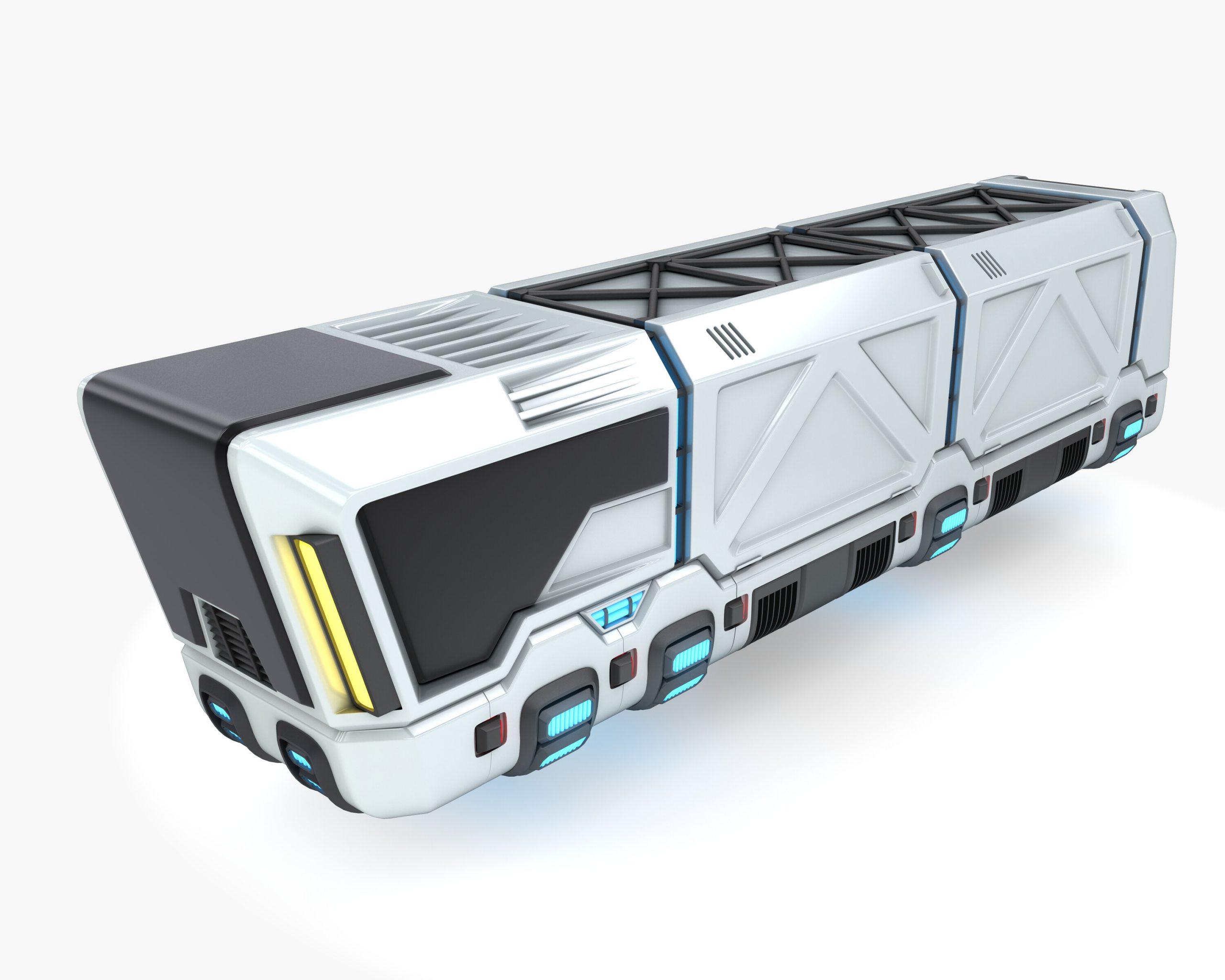By Kenneth E. Seaton
It may have been published back in June of 1949 but, for all intents and purposes, George Orwell’s best-selling futuristic novel “Nineteen Eighty-Four” reads as if it were just hot off the presses! Orwell’s all-knowing and all-seeing presence – a fictional character named Big Brother – and the catch slogan “Big Brother is watching you” is even more prevalent nowadays than back in 1949.
In today’s fast paced electronic age, it is social media and not Big Brother that gathers and assimilates every word that is (allegedly) spoken or written! It also tracks almost every purchase/action that’s made or taken. Next, social media, in all its forms habitually passes out its own version of online judgement. This omniscient presence is now a part of our everyday lives and oftentimes it appears as if it can even predict the future.

The trucking industry is not immune to having an eye focused on it. On the 13th of June, The Canadian Press reported that Canada’s Federal Transport Minister Marc Garneau made an announcement that, “Effective June 2021, all drivers of federally-regulated commercial trucks and buses operating in Canada will be required to use electronic logging devices.”
Electronic Logging Device (ELD), is a device used to automatically collect, supplement and process a driver’s Record of Duty Status (RODS) and Hours of Service (HOS) data by combining driver inputs with information collected from the truck’s Engine Control Module (ECM).
According to Transport Canada, 20 per cent of all fatal collisions on our roads involve driver fatigue. Garneau noted that the tamper-resistant electronic logging devices will be in alignment with U.S. road safety regulations. This is a move that’s sure to prove very beneficial for those Canadian truckers who regularly cross the border. He also stated that the ELDs would create a level playing field throughout the trucking industry, as all companies, will now have to follow the same rules.
It’s also noteworthy that, ELDs can remotely transmit its stored information to its own company. And, during an inspection by DOT/MTO officers, upon request, info can be released to them. Police and other officials will also be able to use its information for investigation purposes, etc. ELDs store the information in a standardized format that can not be changed or altered.
The Changing Face of Drivers
The trucking industry is facing many new challenges that are as many, as they are varied. Historically, vehicles seemed to be driven by older, white male drivers. Nowadays however; a predicted driver shortage, driver retirements, changing government regulations and ever more technologically superior vehicles are forcing the trucking industry to make important changes to who’s sitting behind the wheel.
The next time a vehicle backs into a dock, its more than probable that a female driver, a visible minority driver, a LGBT driver, an ex-military driver, a new immigrant driver or a millennial driver will be the one climbing down from the cab. People who never thought of driving for a living, are now considering driving for the trucking industry as real and viable career choices.
Eager to take advantage of this newly found interest in driving as a career, fleet and company owners are counting on the ever-developing world of technology to aid them in their quest to fill the driver’s seats. Additionally, trucking companies are also looking to sweeten the pot by offering enticing employment perks; signing bonuses, bonuses for referring other potential drivers and an increasingly better compensation packages are just some of the incentives that are now up for grabs.
The industry is also exploring different ways of re-shaping the public’s opinion of trucking. The Atlantic Provinces Trucking Association (APTA) has launched an awareness and education campaign. Its focus is to promote the variety of career opportunities within the industry. The APTA liaison officer is visiting schools and attending events to talk about industry jobs.
Technologies Hard At Work Keeping Drivers Moving
The trucking industry is very cognizant of the fact that most long-haul truck drivers work and live in their trucks. Conversely, all truck drivers are faced with similar essential needs; vehicle parking sites, restroom and washing – both vehicle and driver – facilities, fuel, restaurant and food to go locations, etc. All these necessities must also be readily available at route convenient locations and these locations need to be driver safe and secure.

These requirements are also being tackled – to varying degrees – by short-haul and local delivery drivers. They could prove very problematic for the industry as it addresses its driver hiring & driver retention concerns. Problematic for sure, however not unsurmountable, due to one very important reason, new technology.
The right combination, of properly utilized new tech and the ability to adapt to an ever increasingly technological world will prove to be the catalyst for a dramatically transformed trucking industry. Shrewd owners, fleet managers and dispatchers are also ensuring that their company drivers are aware of and using some of the powerful mobile apps that are specially designed for truckers.
These truckers’ apps can not only improve the quality of life for truckers & their families but, should also improve business operations as well. Apps like:
Dynamic Routing – Trucking companies and fleet operators make money moving goods from point A to point B. Using the fastest, most cost-efficient route to accomplish these goals will make the most monies for companies. Dynamic routing uses GPS tracking and continuously updated data to keep dispatchers & drivers informed of up-to-the minute traffic and weather conditions.
Real-time GPS information allows for instantaneous decisions to be made on any necessary route changes. Dispatchers can also make additions or subtractions to busy delivery schedules. Deliveries & pick ups will be completed quicker and more fuel efficient with less kilometers travelled. All are important factors when selling a company’s services to potential future customers and when hiring new drivers.
Trucker Path Pro – A logistical assistant that’s geared towards providing detailed up-to-date information to drivers regarding truck stops, the number of truck parking spaces and current fuel prices. It also has the capability of booking vehicle parking in advance, can inform drivers about the different types available on-site truck care and which Walmart locations offer overnight truck parking, etc.
Wunderlist – Is a cloud-based task management application, that assists busy truckers in keeping track of and managing their time while on the road. With the app drivers can create daily to-do lists, set reminders for themselves and share tasks with colleagues, friends and family. Wunderlist instantly syncs between cell phones, tablets and computers.
Transflo mobile+ – Advertises itself as the complete trucking solution rolled out in one convenient mobile app. An app that provides on-the-go scanning solutions for the fastest document delivery available. Features include; integrated navigation designed specifically for trucking routes, weigh station bypass technology, two-way company, fleet and/or broker messaging, etc. It offers users real-time traffic view and full GPS map access, even if the data signal is lost.
Tech’s Ensuring That Drivers & Vehicles Are Safer
Driving at the best of times can be challenging. Driving a truck or big rig for a living, can often prove to be more than challenging. There are no guarantees of avoiding mishaps, and there are always unexpected & unpredictable safety challenges that will occur to or in front of truckers. All this is going on, while truckers strive to adhere to a usually tight schedule and as they also try to maintain a healthy lifestyle while being on the road.
Fortunately, new technology is stepping up to co-drive with todays truckers. It can provide an extra set of eyes, that’s always ready to alert drivers to any potential dangers. Thereby ideally, providing truckers with the extra time needed to avoid harming themselves, their vehicle or others who may be sharing the road with them. Some of the health and/or safety technologies currently available to truckers are:

The Rolling Strong App – Rolling Strong is a health and wellness program built to serve professional drivers and fleets. The app provides drivers with exercise and meal plans while on the road. It’s a subscription-based app that focuses on three main areas of driver concerns; nutrition, fitness and sleep. Rolling Strong provides guided exercise programs, sleep pattern tracking capabilities, effort/results-based incentive program oversight, special events, online coaching, help desk and more.
Driver Facing Cameras – Many owners and fleet managers agree that driver facing cameras are a great resource for them and their drivers in reducing liability in the event of an incident or accident. Driver facing cameras can also alert drivers whenever they may appear to be distracted or too tired. The cameras capture video and audio while recording time and location via GPS. Most cameras also come equipped with an infrared function so it can properly record in the dark. However, there’s a growing number of truckers who feel that driver facing cameras severely invade their privacy.
Dash Cams – Oppositely to driver facing camera, a dash cam’s main feature is to keep an eye on and record the actions of other drivers on the road. Conversely, some dash cams come equipped with the capability to record its own vehicles speed and brake reactions. This could prove worth its cost, when its necessary to defend against any seeming unjust speeding tickets and may well help in keeping insurance rates down.
Dash cameras that record speed usually come equipped with Wi-Fi technology. In the unlikely event of an accident or other unpleasant incident, video recordings can be quickly and conveniently uploaded to owners, fleet managers, dispatchers, insurance agents and/or other persons of authority. Dash cams aid fleet managers and dispatchers in managing company drivers’ actions and some even have automatic safeguards built into them for increased safety.
Still, far too many drivers, seem to be unable to resist the temptation of using their cell phones while driving. The trucking industry’s owners and fleet managers – looking to protect their companies and its drivers – are turning to software solutions and new technology for smartphones and tablets to tackle this troublesome issue.
FleetSafer Mobile is an example of this new tech in action. It uses GPS to determine when a vehicle is in motion and it will automatically engage to block any inbound/outbound calling and it also disables all text/email functionality. It automatically will respond to messages with an “I’m driving” message of its own. Call and message functionality are restored when the app senses that the driving movement has ended.
Looking Out For Those Who Drive The Industry
The trucking industry is currently undergoing major changes. These changes are mostly a result of transformative transportation technologies. Determined to keep ahead of the curve, astute company owners and fleet managers are talking to and working with innovative vehicle manufactures, health and safety experts and leading tech companies.
Freightliner Cascadia currently offers innovative safety features under its proprietary Detroit Assurance suite. Ergonomic wraparound dash and noise abatement technology work to limit driver fatigue, windshield-mounted camera for lane departure warnings, brake assist, single-sheet windshields for improved better visibility, etc.
Mack Trucks provides vehicles with anti-lock brakes and Bendix Wingman Advanced adaptive cruise and collision mitigation capabilities. Not to be outdone, all Volvo Trucks – the first commercial truck manufacturer to introduce a driver-side air bag – come equipped with a collapsible steering column, breakaway foot pedals and an engine and transmission designed to drop down and away from the driver in the event of a crash.
With one eye on the road and the other on the future, the trucking industry is keenly aware that it and its drivers, must be at the forefront of utilizing leading-edge transportation technologies. Vehicle manufactures are also on-board. They have been hard at work developing, testing and installing new tech on their vehicles. They are constantly developing newer and ever improving transportation technologies.

